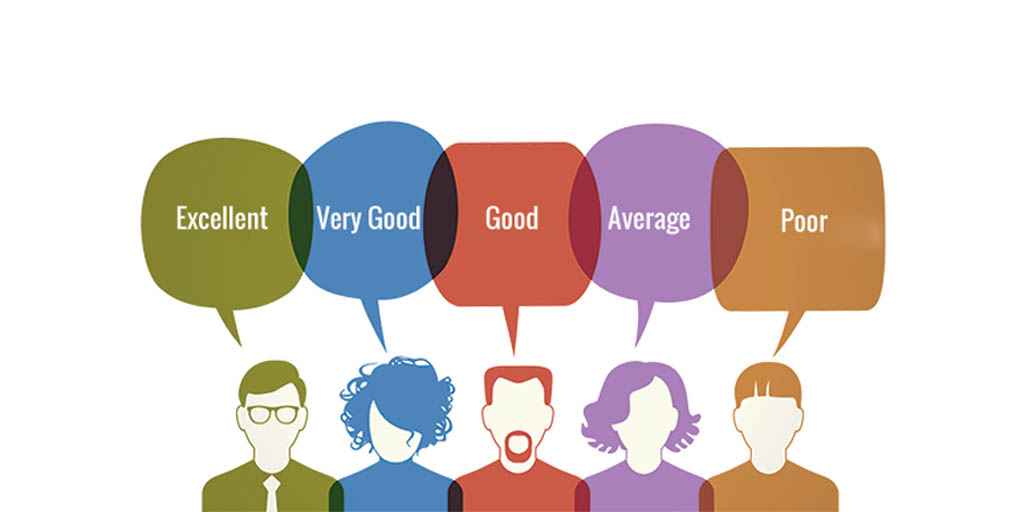Travel Reviews Are Dead – And Here’s What To Do About It
Travel reviews may drag on for a while – but they are quickly dying and their utility has long diminished.
Reviews served their purpose. In a world with no information, they allowed us to get a small glimpse into someone else’s experience.
But in a world with abundant travel information, they just add noise to the trip planning process and increase the paradox of choice.
Travel reviews lack context. They lack a personalized touch. They lack credibility. They are biased towards the entrenched incumbents. There are too many of them to be useful. They’re full of trolls and those anonymous souls on the internet who need to vent.
User generated content may continue to give travel companies a big boost in SEO, but in all our surveying of how people actually travel, nearly no one (except for a few remaining die-hard TripAdvisor fans) relies on traditional reviews.
Instead, this is how travelers use reviews to decipher travel recommendations:
1. The travel reviews of a friend
What I hear: “My friend visited here last year and loved this restaurant.”
Most travel recommendations come from your inner circle. Your friend may not be an expert, but if they personally told you to check something out, you most likely will. It was personal. You trust them. If they liked it, you probably will too. The best travel recommendations aren’t found online, they’re sitting in people’s inboxes and spreadsheets. It’s a continual curation of paying it forward. It has its flaws, but this word of mouth is still the greatest percentage of travel discovery.
What should the travel industry do about it? Constantly do small things that wow your customers. Give a free drink. Give them the free upgrade if it’s available. Engage with their photos on Instagram. Have over the top customer service. Build relationships. Turnaround any bad experiences into a positive because of your response. Be less transactional. Every customer is a potential fountain of word of mouth or social media referrals. Everyone should be paying attention to how to leverage Facebook’s Social Graph and their new Places initiative once it starts to gain traction.
Stop asking “how would you rate your experience?” Start asking “what could we have done that would make you immediately tell a friend?”
2. The review of a single authority
What I hear: “I saw this on Parts Unknown.” or “I saw this place on [insert travel blogger]’s Instagram.”
A review from an aspirational source will go much further than any review site listing. Did you see Anthony Bourdain indulge at a small ceviche restaurant in Lima? You will go there regardless of whether it was even listed on a review site. The top travel writers, TV personalities, and social media influencers quickly shift the trends of what travelers choose experience.
What should the travel industry do about it? It may be very hard (or expensive) to get the attention of the top influencers. However, micro-influencers are some of the best starting points. Reach out and hook up rising bloggers and social media influencers as much as possible. If you make them happy and provide a great experience, they’ll recommend you to their audience. That can provide a boost to your business and you’ll have begin to capture the attention of continuously larger press outlets that regularly search through those sources.
Start paying more attention to micro-influencers. Set a portion of your marketing budget or inventory to hook up them up. One Instagram or blog post could be one more customer – or thousands.
3. Aggregate ratings
What I hear: “Well, if a place has 4.8 stars with 1,000+ reviews, it probably doesn’t suck.”
The aggregate rating is one necessary vestige from the review system that should remain. It has many of the same issues as reviews. It lacks context and is biased towards popularity over quality. But it is at least a sanity check. When people say “please leave us a review,” they really just need you to the leave the rating. I’ve found that only a small minority of travelers actually care about what is written in the review. So why does nearly every booking and listing site still insist on forcing people into this experience? Foursquare handled this well. They simply care about three-tiers: love, hate, or indifferent. Leaving a “tip” (very different than reviews) is then optional. This makes it more of a “recommendation” of what you liked, not a “review.” Big difference. HostelWorld and AirBnB also handles ratings well by asking very pointed questions that help people make a decision in an aggregate ranking.
What should the travel industry do about it? If you’re a tool that provides reviews, start making them more useful by providing a framework for ratings and focus less on the actual review. Also, try to slot people into personas so the reader has context. If you’re a hotel or tour operator that depends on these rankings, build in more mechanisms and communication (no, a “please leave a review” email doesn’t count) to encourage people to rate you on all the popular platforms.
It’s important to focus on how the majority of travelers actually plan for an upcoming trip, not the entrenched behavior the industry tries to force.
Hope my thoughts on Travel Reviews helped! If you liked it, please check out my travel app TripScout, follow me on Instagram, and sign up for my free newsletter.
Error: No feed found.
Please go to the Instagram Feed settings page to create a feed.
Travel Reviews Are Dead – And Here’s What To Do About It


